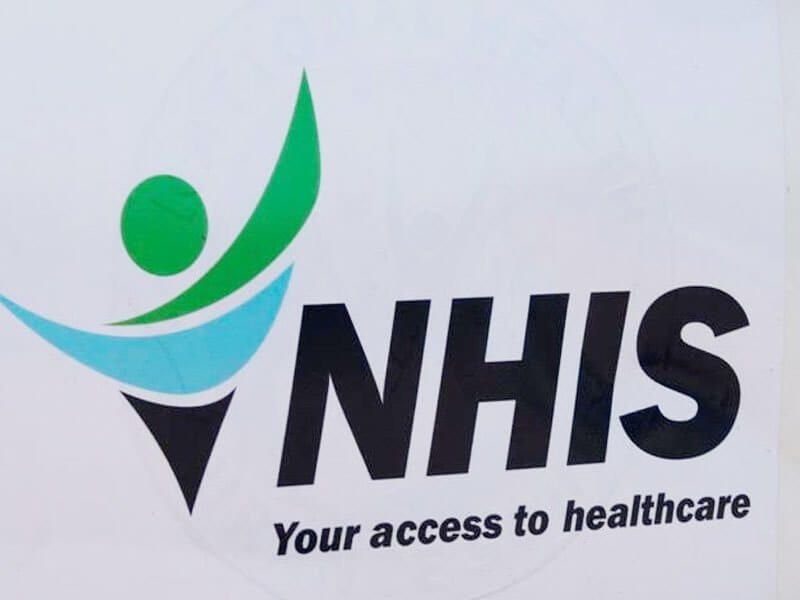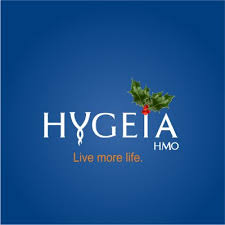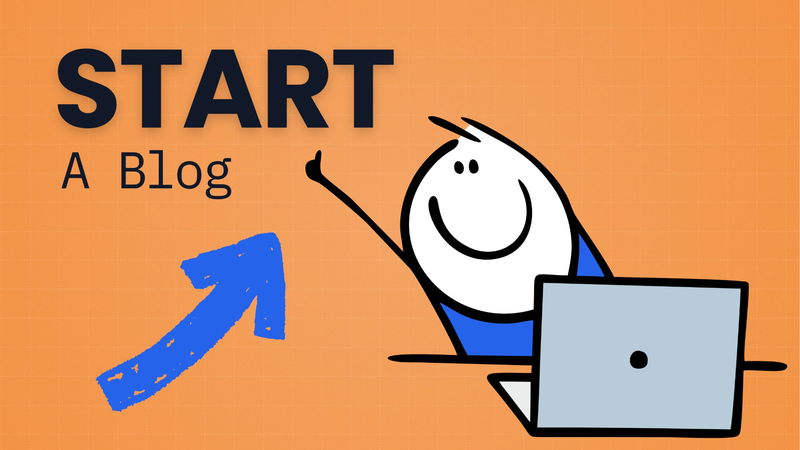Health Insurance in Nigeria: Plans, Prices, and Benefits
Health insurance is one of those things many Nigerians know they need but often put off until it’s too late. Whether it’s because of the cost, lack of understanding, or simply not knowing where to start, the truth is that health insurance is no longer a luxury—it’s a necessity. With the rising cost of healthcare and the unpredictable nature of life, having a health insurance plan can save you from financial stress and ensure you get the best medical care when you need it.
In this comprehensive guide, we’ll break down everything you need to know about health insurance in Nigeria: the different plans available, their prices, and the benefits they offer. Whether you’re a young professional, a parent, or a business owner, this article will help you make an informed decision about your health insurance needs.
Why Health Insurance Matters in Nigeria
Let’s face it: healthcare in Nigeria can be expensive. A simple visit to the hospital for a minor illness can cost thousands of Naira, while more serious conditions or emergencies can run into hundreds of thousands or even millions. Without health insurance, many Nigerians are forced to pay out of pocket, which can lead to financial strain or even debt.
Health insurance provides a safety net. It ensures that you and your family can access quality healthcare without worrying about the cost. It also encourages preventive care, which can help detect and treat illnesses early, saving you money and potentially your life in the long run.
Types of Health Insurance Plans in Nigeria
Health insurance plans in Nigeria can be broadly categorized into three main types:
1. Individual Health Insurance Plans
These plans are designed for individuals who want to cover their own medical expenses. They are ideal for young professionals, freelancers, or anyone who doesn’t have access to employer-sponsored health insurance.
Key Features:
- Covers only the policyholder.
- Premiums are paid monthly or annually.
- Offers flexibility to choose your preferred healthcare providers.
2. Family Health Insurance Plans
Family plans are designed to cover the medical expenses of an entire family, including the policyholder, their spouse, and children. Some plans may also extend coverage to parents or other dependents.
Key Features:
- Covers multiple family members under a single plan.
- Often more cost-effective than individual plans for each family member.
- Includes maternity and child wellness benefits in some cases.
3. Group Health Insurance Plans
Group plans are typically offered by employers to their employees as part of their benefits package. These plans cover a group of people, usually employees of a company or members of an organization.
Key Features:
- Premiums are often subsidized by the employer.
- Covers a wide range of medical services.
- May include additional benefits like dental and vision care.
Popular Health Insurance Providers in Nigeria
Nigeria has several health insurance providers offering a variety of plans to suit different needs and budgets. Here are some of the most popular ones:
1. NHIS (National Health Insurance Scheme)

The NHIS is a government-backed health insurance program aimed at providing affordable healthcare to Nigerians. It offers different plans for various groups, including formal sector employees, informal sector workers, and vulnerable groups.
Pros:
- Affordable premiums.
- Wide network of healthcare providers.
- Government-backed, so it’s reliable.
Cons:
- Limited coverage compared to private insurers.
- Can be bureaucratic and slow to process claims.
2. Hygeia HMO

Hygeia is one of the leading health maintenance organizations (HMOs) in Nigeria. It offers a range of health insurance plans for individuals, families, and corporate organizations.
Pros:
- Extensive network of hospitals and clinics.
- Comprehensive coverage, including maternity and dental care.
- Excellent customer service.
Cons:
- Premiums can be higher than other providers.
- Some plans may have waiting periods for certain conditions.
3. AXA Mansard Health Insurance

AXA Mansard is a well-known insurance company in Nigeria that offers health insurance plans for individuals, families, and businesses.
Pros:
- Flexible plans to suit different budgets.
- Access to a wide network of healthcare providers.
- Additional benefits like wellness programs and telemedicine services.
Cons:
- Premiums can be expensive for comprehensive plans.
- Limited coverage in rural areas.
4. Reliance HMO

Reliance HMO is a digital-first health insurance provider that aims to make healthcare accessible and affordable for Nigerians.
Pros:
- Affordable plans starting from as low as ₦1,000 per month.
- Easy to sign up and manage your plan online.
- Covers a wide range of medical services.
Cons:
- Limited network of healthcare providers compared to larger HMOs.
- May not be suitable for those who prefer in-person customer service.
How Much Does Health Insurance Cost in Nigeria?
The cost of health insurance in Nigeria varies depending on several factors, including the type of plan, the coverage level, the insurance provider, and the age and health status of the policyholder. Here’s a general breakdown of what you can expect to pay:
1. Individual Plans
- Basic plans: ₦10,000 – ₦30,000 per year.
- Comprehensive plans: ₦50,000 – ₦150,000 per year.
2. Family Plans
- Basic plans: ₦50,000 – ₦100,000 per year.
- Comprehensive plans: ₦150,000 – ₦300,000 per year.
3. Group Plans
- Premiums vary widely depending on the size of the group and the coverage level. Employers typically cover a portion of the cost, with employees paying the rest.
Benefits of Health Insurance in Nigeria
1. Financial Protection
Health insurance protects you from the high cost of medical care. Instead of paying out of pocket for hospital bills, you only need to pay a small premium to access quality healthcare.
2. Access to Quality Healthcare
With health insurance, you can access a network of reputable hospitals and clinics, ensuring you receive the best possible care.
3. Preventive Care
Many health insurance plans cover preventive services like vaccinations, health screenings, and routine check-ups, helping you stay healthy and catch potential health issues early.
4. Peace of Mind
Knowing that you and your family are covered in case of illness or injury gives you peace of mind and allows you to focus on other important aspects of your life.
Understanding Key Health Insurance Terms
Before diving into health insurance plans, it’s important to understand some common terms you’ll come across:
- Premium: The amount you pay regularly (monthly or annually) to keep your health insurance active.
- Deductible: The amount you pay out of pocket before your insurance starts covering costs.
- Co-payment (Co-pay): A fixed amount you pay for a specific service (e.g., ₦1,000 per doctor’s visit).
- Network: The list of hospitals, clinics, and healthcare providers that accept your insurance plan.
- Pre-existing Condition: Any health issue you had before signing up for insurance. Some plans may exclude or limit coverage for these conditions.
- Waiting Period: The time you must wait before certain benefits (e.g., maternity care) become available.
How to Enroll in a Health Insurance Plan
Enrolling in a health insurance plan in Nigeria is straightforward, but the process may vary slightly depending on the provider. Here’s a step-by-step guide:
- Research and Compare Plans: Use online resources, visit insurer websites, or consult an insurance broker to compare plans.
- Choose a Plan: Select a plan that fits your budget and healthcare needs.
- Fill Out an Application Form: Provide your personal details, medical history, and payment information.
- Submit Required Documents: This may include your ID card, passport photograph, and proof of address.
- Pay Your Premium: Once your application is approved, make your first payment to activate your plan.
- Receive Your Insurance Card: Your insurer will issue a card that you’ll use to access healthcare services.
Common Exclusions in Health Insurance Plans
While health insurance covers a wide range of medical services, there are some exclusions you should be aware of:
- Cosmetic Procedures: Treatments like plastic surgery are usually not covered unless medically necessary.
- Experimental Treatments: New or unproven treatments may not be included.
- Pre-existing Conditions: Some plans may exclude or limit coverage for conditions you had before enrolling.
- Dental and Vision Care: Basic plans often exclude these services, but they may be available as add-ons.
- Alternative Medicine: Treatments like acupuncture or herbal medicine may not be covered.
Tips for Maximizing Your Health Insurance Benefits
- Use In-Network Providers: Always choose hospitals and clinics within your insurer’s network to avoid extra costs.
- Take Advantage of Preventive Care: Many plans cover free check-ups, vaccinations, and screenings. Use these services to stay healthy.
- Understand Your Coverage: Read your policy documents carefully to know what’s covered and what’s not.
- Keep Records: Save all medical bills, receipts, and correspondence with your insurer in case of disputes.
- Renew On Time: Don’t let your plan lapse. Set reminders to renew your policy before it expires.
Challenges of Health Insurance in Nigeria
While health insurance is beneficial, there are some challenges Nigerians face:
- Limited Awareness: Many Nigerians are unaware of the benefits of health insurance or how to enroll.
- High Cost: Premiums can be expensive, especially for comprehensive plans.
- Limited Coverage in Rural Areas: Some insurers have few or no healthcare providers in rural areas.
- Delayed Claims Processing: Some HMOs take too long to process claims, leaving policyholders frustrated.
- Fraud: Fake insurance agents and fraudulent claims are common issues in the industry.
Government Initiatives to Improve Health Insurance Coverage
The Nigerian government has taken steps to make health insurance more accessible:
- NHIS Expansion: The National Health Insurance Scheme is being expanded to cover more Nigerians, including informal sector workers.
- State Health Insurance Schemes: Some states, like Lagos and Delta, have launched their own health insurance programs to complement the NHIS.
- Public-Private Partnerships: The government is collaborating with private insurers to improve healthcare delivery.
- Awareness Campaigns: Efforts are being made to educate Nigerians about the importance of health insurance.
Frequently Asked Questions (FAQs)
1. Can I use my health insurance outside Nigeria?
Most local health insurance plans only cover services within Nigeria. However, some providers offer international plans or add-ons for overseas coverage.
2. What happens if I miss a premium payment?
Your coverage may be suspended until you make the payment. Some insurers offer a grace period, but it’s best to pay on time to avoid disruptions.
3. Can I switch health insurance providers?
Yes, you can switch providers, but you’ll need to cancel your current plan and enroll in a new one. Be sure to compare plans carefully before making the switch.
4. Does health insurance cover chronic illnesses?
Most plans cover chronic illnesses like diabetes and hypertension, but there may be waiting periods or exclusions for pre-existing conditions.
5. How do I make a claim?
To make a claim, visit a network hospital and present your insurance card. The hospital will handle the paperwork and bill your insurer directly.
Real-Life Stories: Nigerians Share Their Health Insurance Experiences
Adding personal stories can make the article more relatable. Here are a few examples:
- Chika’s Story:
Chika, a 35-year-old mother of two, shares how her family health insurance plan saved her from financial ruin when her son was hospitalized for malaria. “I didn’t have to worry about the bills. I could focus on taking care of my child.” - Emeka’s Story:
Emeka, a freelance graphic designer, talks about how his individual health insurance plan gave him access to quality healthcare without breaking the bank. “I used to avoid going to the hospital because of the cost, but now I go for regular check-ups.” - Amina’s Story:
Amina, a small business owner, explains how her group health insurance plan has improved employee morale and productivity. “My staff are happier and healthier, and it’s good for business.”
Conclusion
Health insurance is no longer optional in Nigeria—it’s a must-have. With the rising cost of healthcare and the unpredictable nature of life, having a health insurance plan can save you from financial stress and ensure you get the best medical care when you need it.
At The Price, we’re committed to helping Nigerians make informed decisions about their health and finances. Whether you’re looking for an individual plan, a family plan, or a group plan, there’s an option out there that’s right for you.
Don’t wait until it’s too late—take the first step towards securing your health and financial future today.



Leave a Comment